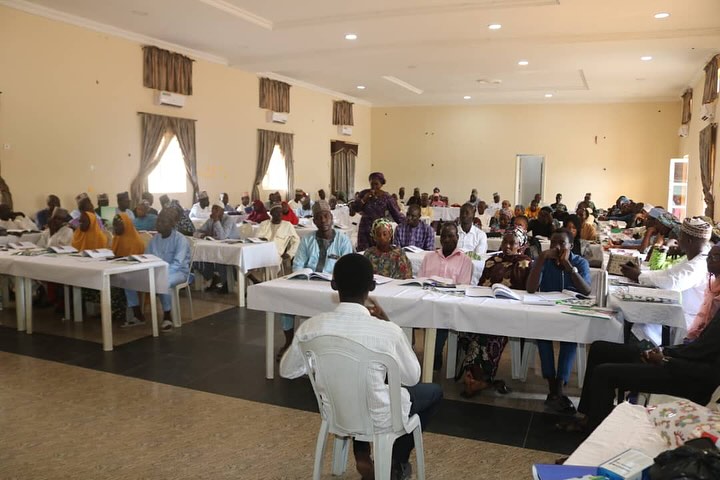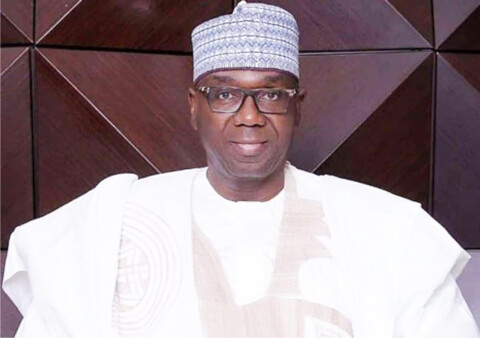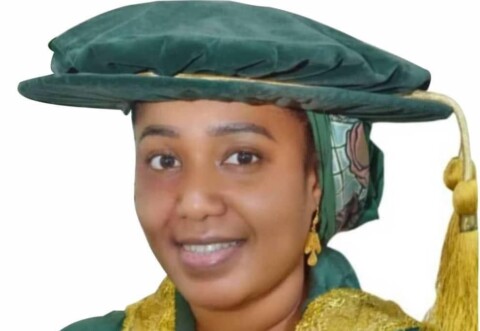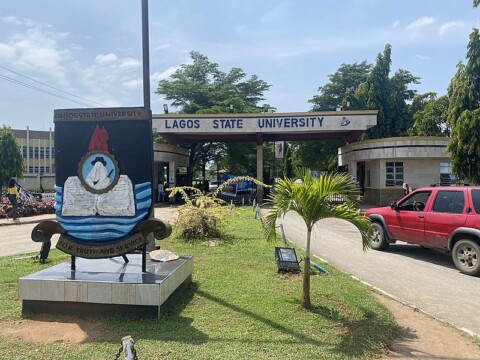The Universal Basic Education Commission (UBEC) has trained 1,878 teachers from across Nigeria on inclusive education in a three-day workshop. This training is being done in three phases throughout the six geopolitical zones and recently took place in Lafia, the capital of Nasarawa State.
Hamid Boboye, the Executive Secretary of UBEC, explained that this initiative aims to improve the skills of basic education teachers so they can better support children with special needs. He said, “The purpose of this training is to close these gaps and ensure that inclusive education becomes a key part of schools.”
The federal government, through UBEC and other partners in basic education, is committed to reaching the goals of the basic education program. Boboye highlighted the importance of focusing on children who may miss out on education due to physical challenges. He mentioned that 2% of the federal government’s Consolidated Revenue Fund is set aside as an intervention fund for the Universal Basic Education (UBE) program, with some of this funding going to Special Needs Education.
Boboye also talked about the commitment to achieving Sustainable Development Goal 4, which aims for inclusive and fair quality education for all by 2030. He noted that this goal puts more pressure on education providers to enhance their efforts in special needs education.
UBEC has been working with private providers of special needs education to create and carry out programs that meet the needs of these children. Over the years, the government’s role in providing special needs education has increased. According to the 2022/2023 National Personnel Audit by UBEC, out of 1,019 special basic schools, 515 were operated by the government with 124,867 students enrolled, while 504 were private schools with 51,140 students.
Boboye recognized the important role of private providers, especially those that do not charge fees, in supporting special needs education. These providers can receive support from the federal government’s UBE intervention fund.
He urged the participating teachers to fully engage in the workshop, emphasizing that their roles are essential in shaping the learning environment and outcomes for students. The success of inclusive education depends greatly on the dedication and skills of teachers in the classroom.





